If human life begins at the point of conception (as indicated by science and Scripture), are there any disqualifying differences between humans in the womb and humans outside the womb? Are fetal humans less human than toddlers? Is there status as human persons less certain? If so, why? Stephen Schwartz first identified four differences between fetal humans and human toddlers. My friend, Scott Klusendorf, developed these distinctions with great clarity. Fetal humans differ from the rest of us in their size, level of development, environment and degree of dependency. None of these distinct differences are relevant when considering the issue of human personhood:
SIZE
Fetal humans are much smaller than toddlers. But can size alone determine someone’s humanity? Is Shaq more human than you or I, simply because he is much larger? Size does not determine our human personhood, and size should not be held against fetal humans. We would never deny the personhood of toddlers based on their size, and we wouldn’t destroy a toddler simply because he or she is smaller than other humans.
LEVEL OF DEVELOPMENT
Fetal humans are far less developed than toddlers. But toddlers are far less developed than teenagers. Throughout our early lives, as we continue to grow, we are at some point of development eclipsed in the next stage of life. Were you a human person at the age of ten, even though you hadn’t yet entered puberty? Toddlers are far less developed than adults. Is their human personhood at risk during these early years? Our underdevelopment has nothing to do with our humanity. We would never deny the personhood of toddlers based on their underdevelopment, and we wouldn’t destroy a toddler simply because he or she is less developed than other humans.
ENVIRONMENT
Fetal humans reside in the womb (a different environment than toddlers). But does our location determine our humanity? If I walk outside, is my status as a human changed? There was a baby named Rachel who was born prematurely at 22 weeks of age. Many abortions occur at this point in the development of a fetus. But Rachel was nurtured through the Infant Crisis Unit (ICU), survived and is now a healthy child. When did she become human? Did her location in the womb, then the ICU and then her parent’s home, change her status as a human person? Location has nothing to do with our human personhood. We would never deny the personhood of toddlers based on their location, and we wouldn’t destroy a toddler simply because he or she is in a different environment than other humans.
DEGREE OF DEPENDENCY
Fetal humans are far more dependent than toddlers. In fact, fetal humans, especially in the earliest stages of their development, are completely dependent upon their mothers for survival. Does their inability to support themselves independently invalidate their human personhood? Many of us are not biologically independent, even as adults. Some of us require a pacemaker, some require insulin, and others are dependent upon kidney dialysis machines. Are these people less human due to their lack of biological independence? They are no more viable, on their own, than fetal humans in the earliest stages of development. Are astronauts less human during those hours when they’re spacewalking in their suits, connected to their spacecraft with lifelines? Are infants less human through the first several years when they are clearly unable to survive on their own? Are coma patients less human while unconscious and connected to life support prior to coming out of the coma? All of these humans are dependent on someone or something else for a brief season, and all of us have been in the same position. We would never deny the personhood of toddlers based on their degree of dependency, and we wouldn’t destroy a toddler simply because he or she is more dependent than other humans.
As it turns out, the only four characteristics that differentiate fetal humans from human toddlers are completely insignificant when it comes to determining one’s human personhood. This simple SLED test (Size, Level of development, Environment, Degree of dependency) is a useful exercise to articulate the irrelevant distinctions. If these four attributes fail to distinguish fetal humans from toddlers, we can properly exchange toddlers for fetal humans when considering proper justifications for destroying them. If a circumstance properly justifies the killing of a toddler, this justification can be morally applied to the fetal human as well. But, if our reasons for destroying a fetal human would be insufficient to justify killing a toddler, our actions are unjustified; they are murderous rather than moral.
As it turns out, the only four characteristics that differentiate fetal humans from human toddlers are completely insignificant when it comes to determining one’s human personhood. Share on X






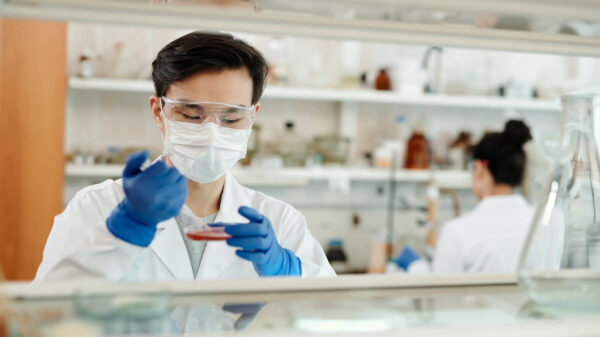
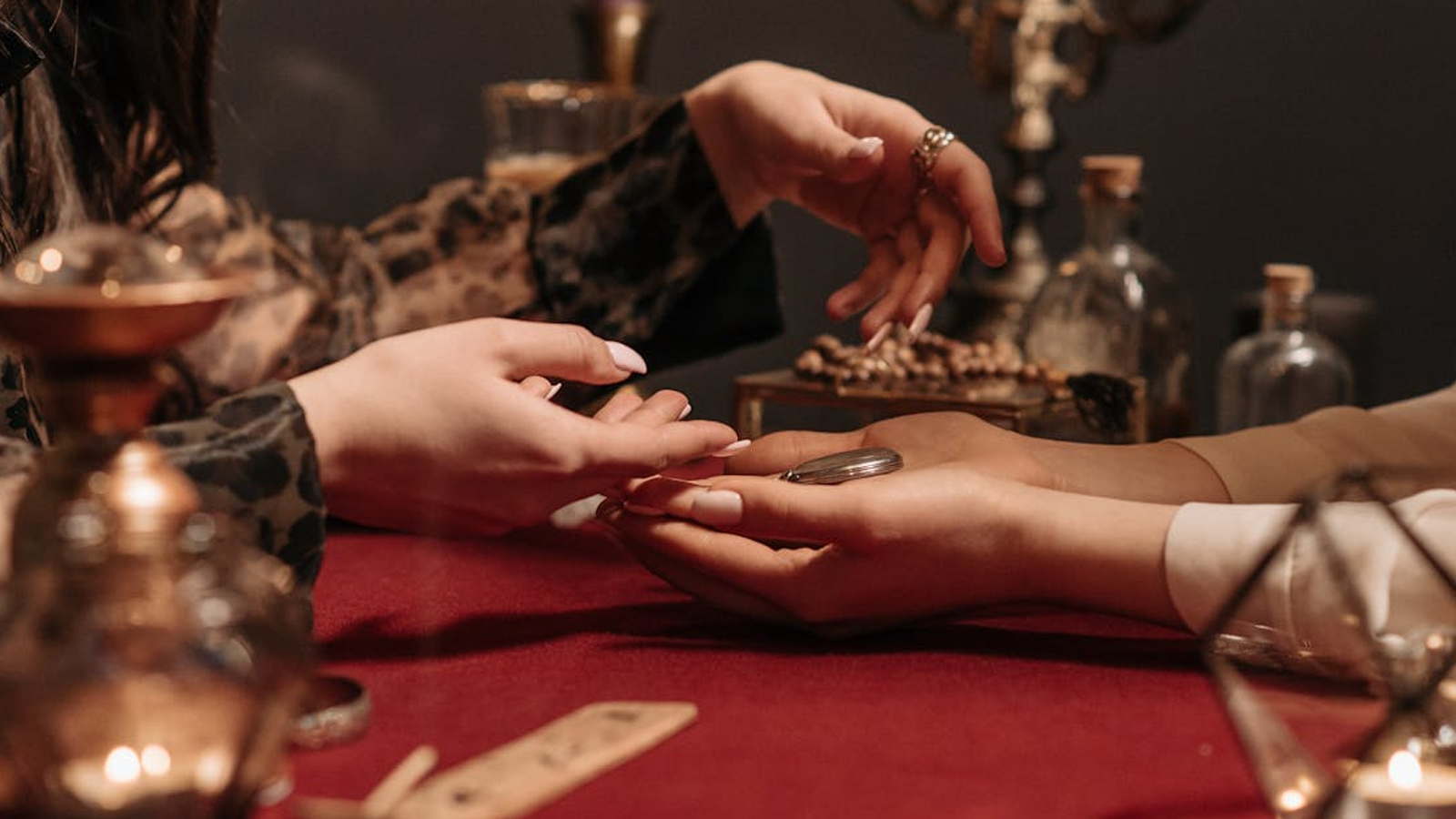





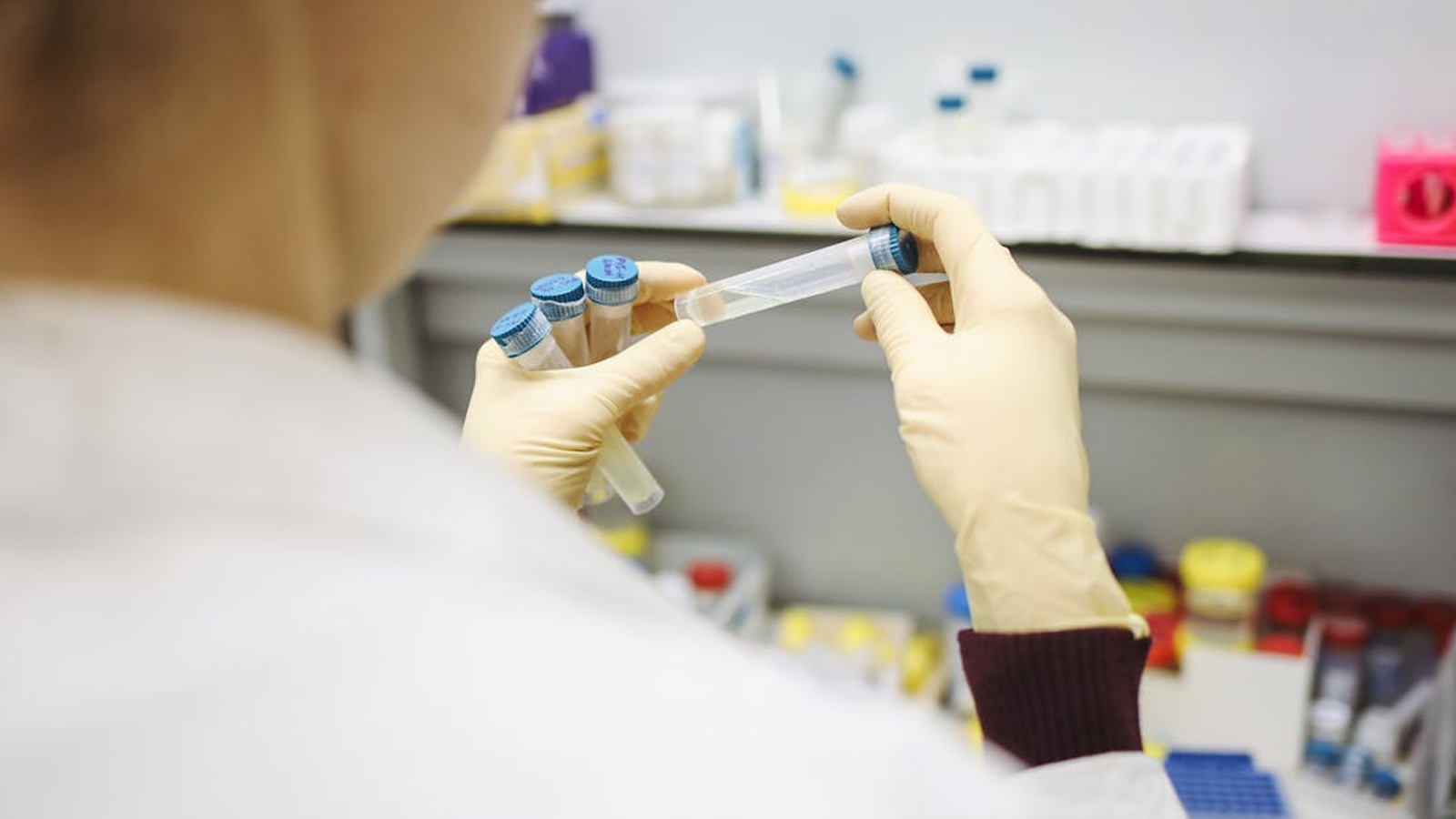

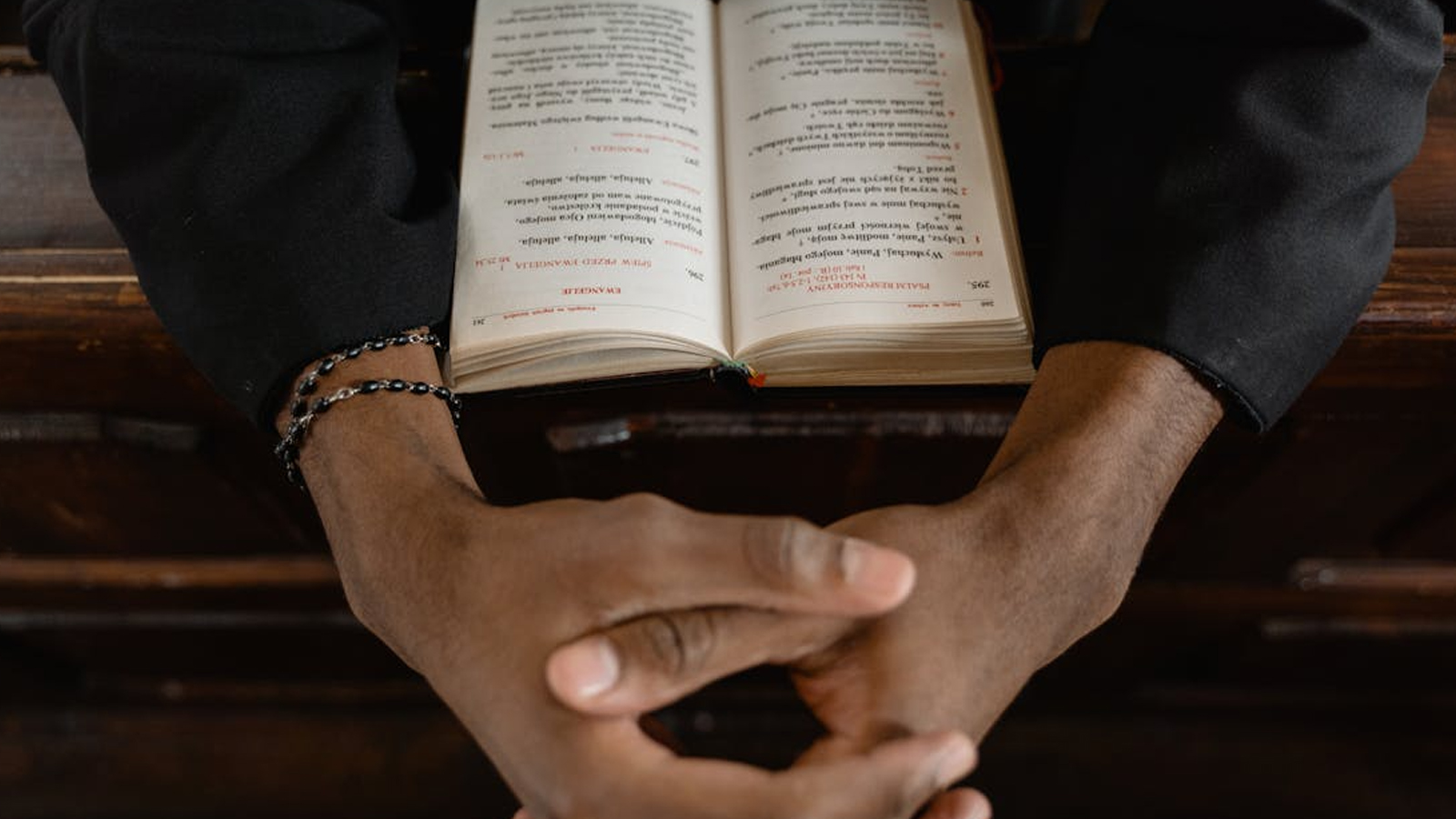
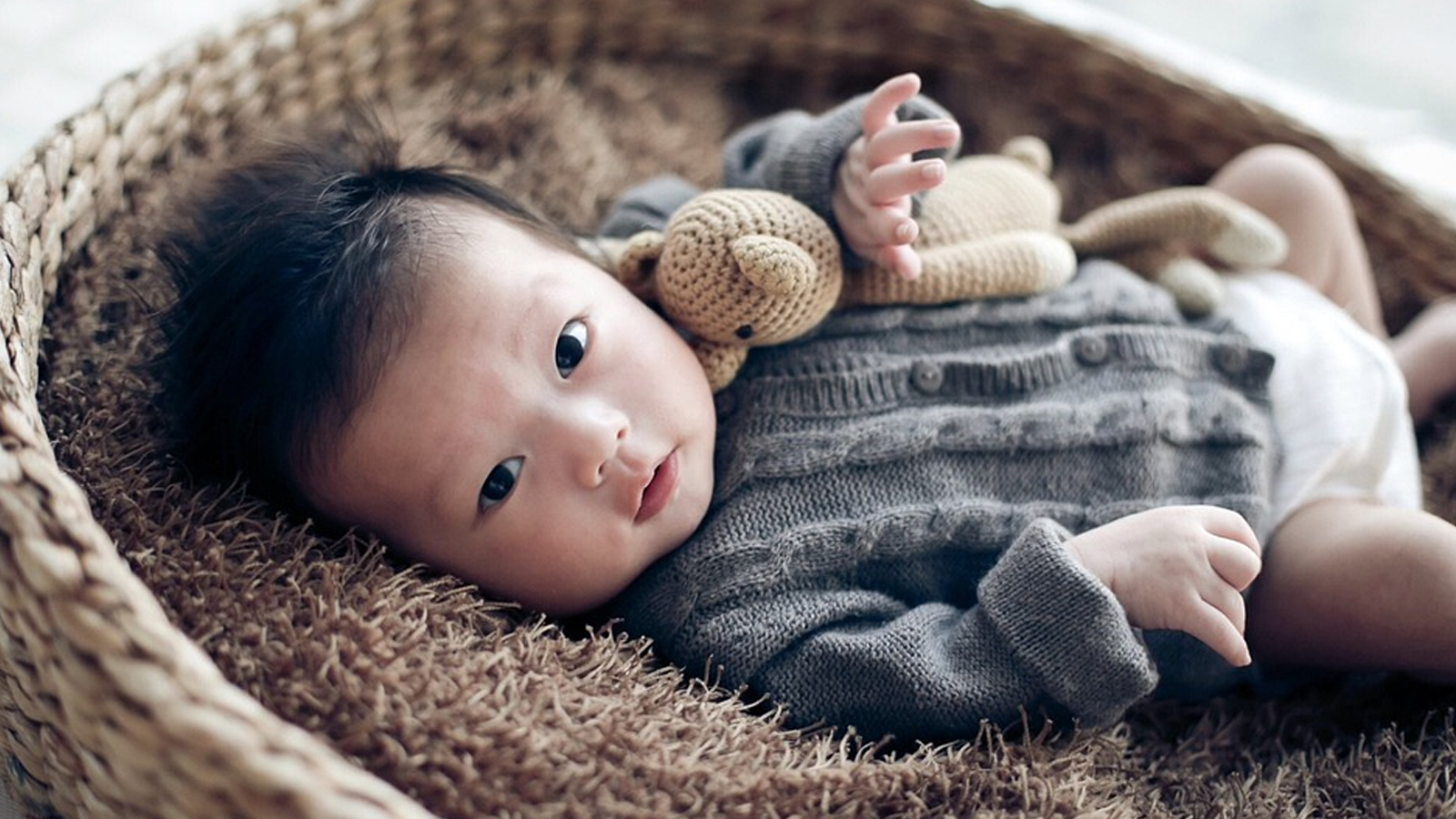













Pingback: The Insignificant Differences Between Fetal Humans and Human Toddlers | Cold Case Christianity – Elders Scrolls
Teresa Lopez
October 30, 2022 at 11:17 pm
Excellent points that you have made here. Responsible women have the right to choose what to do with their own bodies but that choice needs to be made before conception. Choosing afterword involves another innocent human body. Abortion is the choice to murder that human person as your article explains. Most abortions could be avoided if women would make these decisions with their bodies way before they decide to have sex and use one of many forms of contraceptives.